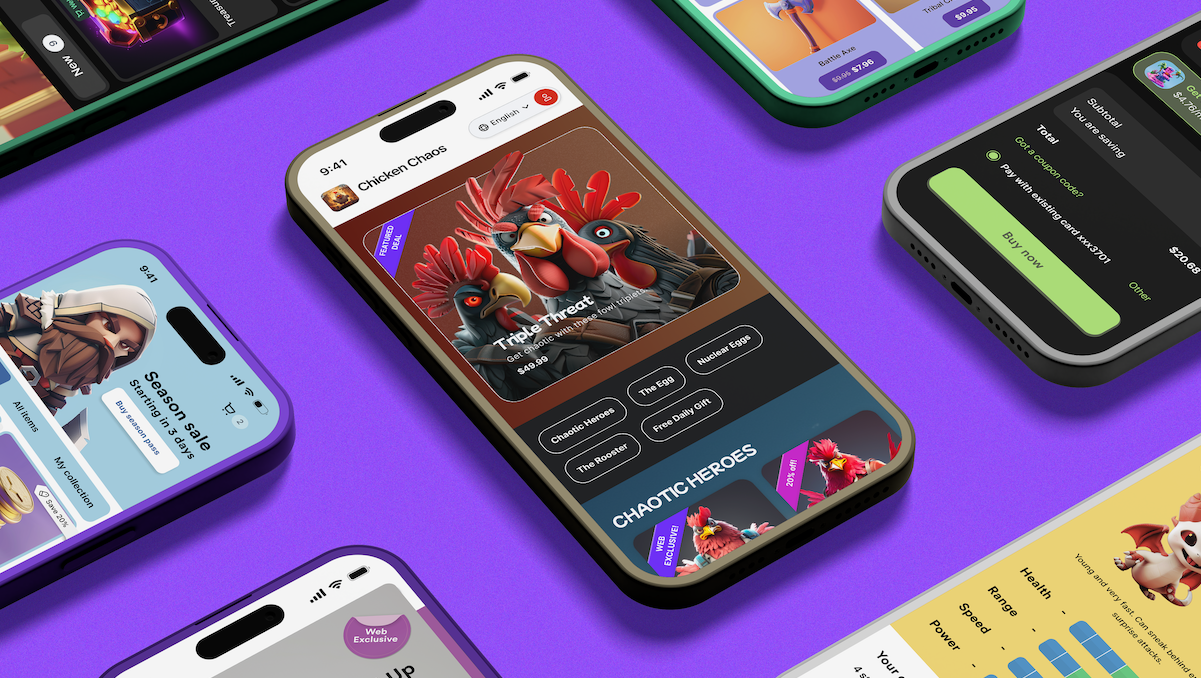Presented by Sanlo
Alternative and additional distribution channels are currently hot topics in mobile gaming, and with good reason. They offer significant advantages to gaming companies: an additional source of revenue, as well as providing more favorable margins. There is immediate opportunity to impact the bottom line, prompting many companies to focus on the near-term financial gains of redirecting in-game sales away from app stores (with their 30% commission fees) to new channels such as webshops (with fees typically less than 10%). These savings boost profits and enable developers to offer special incentives to their players, ranging from ultra-premium items to discounts and freebies.

Unlock premium content and VIP community perks with GB M A X!
Join now to enjoy our free and premium membership perks.
![]()

![]()